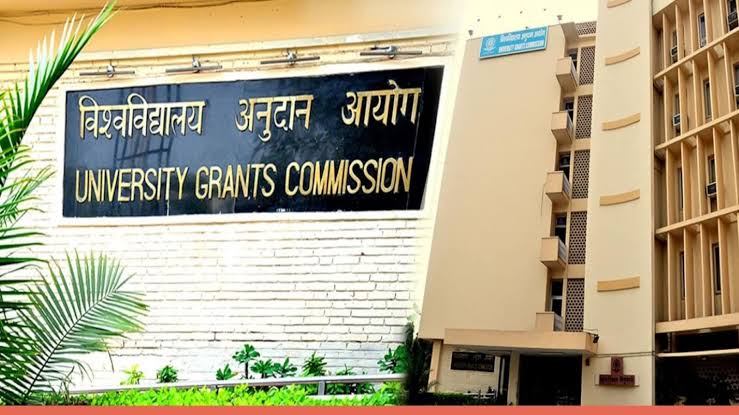Education Desk
11 June
Sandeep Dhand Ludhiana
In a significant move to align Indian higher education with global standards, the University Grants Commission (UGC) has approved a plan allowing universities and higher education institutions to offer admissions twice a year. UGC Chief Jagadesh Kumar announced that starting from the 2024-25 academic session, admissions will be conducted in two cycles: July-August and January-February.

“This initiative will benefit many students, such as those who missed admission due to delayed board results, health issues, or personal reasons,” Kumar stated. “Biannual admissions will help maintain students’ motivation, allowing them to avoid waiting an entire year for the next admission cycle.”
The UGC chief also highlighted that the new system would enhance employment opportunities, as industries can conduct campus recruitments twice a year. Moreover, biannual admissions will enable higher education institutions (HEIs) to plan resource distribution more efficiently, improving the functional flow within universities.
Kumar emphasized that adopting biannual admissions could bolster international collaborations and student exchanges, enhancing India’s global competitiveness in education. However, he clarified that implementing biannual admissions would not be mandatory. Only HEIs with the necessary infrastructure and faculty would have the flexibility to utilize this opportunity.
“Offering biannual admissions will not be compulsory for HEIs,” Kumar explained. “It provides flexibility for those institutions wanting to increase student intake and offer new programs in emerging areas. HEIs must amend their regulations accordingly to admit students twice a year.”
Currently, Indian universities admit students annually in July-August. Last year, the UGC permitted biannual admissions for Open and Distance Learning (ODL) and online programs, leading to nearly half a million additional enrollments.
“Biannual admissions can significantly increase the Gross Enrolment Ratio and make India a ‘Global Study Destination,’ as envisioned in the National Education Policy (NEP) 2020,” Kumar added.
This move is seen as a strategic step towards improving India’s higher education system, offering greater flexibility, and enhancing the global standing of Indian universities.
